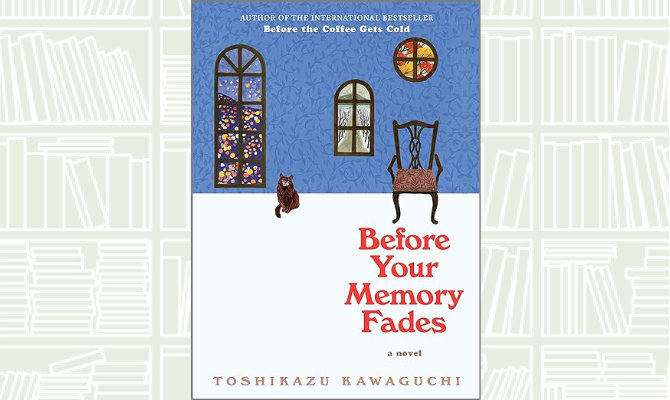Author: John Mullan
To mark 250 years since the birth of one of the most famous women authors in English literature, John Mullan’s “What Matters in Jane Austen? Twenty Crucial Puzzles Solved” has been reissued.
First published in 2012, the book is a kind of literary scavenger hunt, with Mullan as guide — witty, knowing and visibly delighted by the patterns and puzzles he uncovers.
We go on the journey with him, uncovering the meanings embedded in the seemingly minor, but not minute, details of Austen’s fiction.
The Lord Northcliffe professor of modern English literature at University College London, Mullan is a leading authority on Austen. He has edited “Sense and Sensibility” and “Emma” for Oxford World’s Classics and has published widely on 18th- and 19th-century literature.
In this work he poses 20 questions such as: “Why is the weather important?” “How much money is enough?” “Why is Darcy so rude?” and “What do the characters call each other?”
That last question forms one of the book’s most interesting chapters for me. It’s about the seemingly stealthy and subtle ways in which the characters address others by a name and the power of not saying their name at all.
In Austen’s world, names are never casual. A shift from a formal title to a first name can signal a change in status, desire or familiarity. A name can be a quiet form of rebellion or a coded expression of closeness or longing. It matters whether someone is “Miss Bennet” or “Elizabeth,” whether a man dares to use her given name directly and whether that liberty is permitted or returned.
Again and again, Mullan shows us how much Austen could signal with the smallest of choices. What seems like a passing detail is likely loaded with meaning.
This new edition, with a fresh preface, is a fitting tribute to Austen’s longevity. Rather than framing her novels as relics to admire, Mullan treats them as living texts full of sly codes and sharp decisions.
It offers fans of Austen’s work something they crave: evidence. A deep dive into the text itself.
By the end, the title becomes clear, not just because Mullan asked the right questions but because, through his close reading and sharp observations, we begin to get answers.
To Austen, who died in 1817, everything mattered: names, clothes, weather, silence. And more than two centuries later, her world — precise, constrained, emotionally charged — still has plenty to show and tell.
























